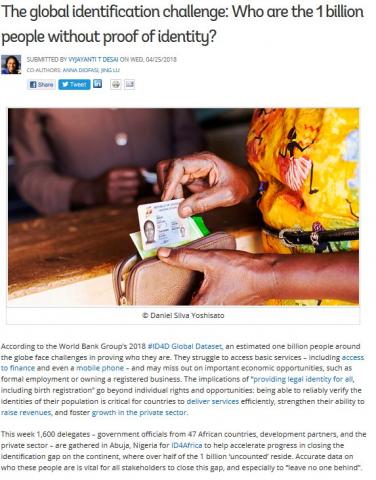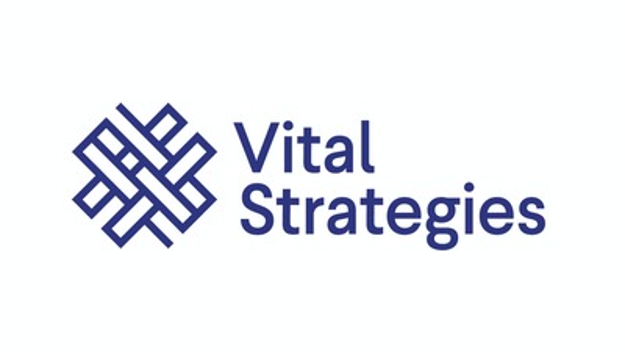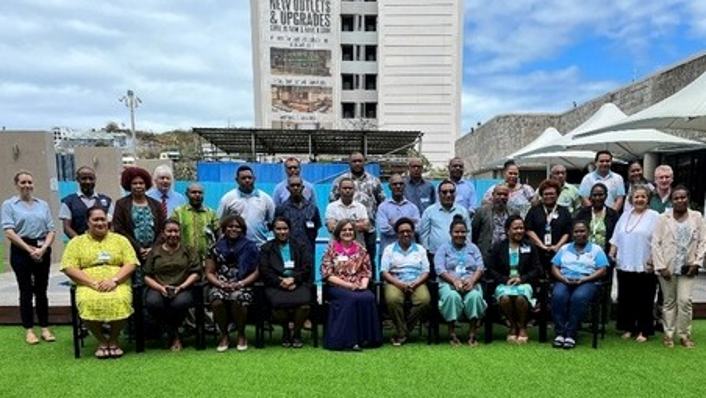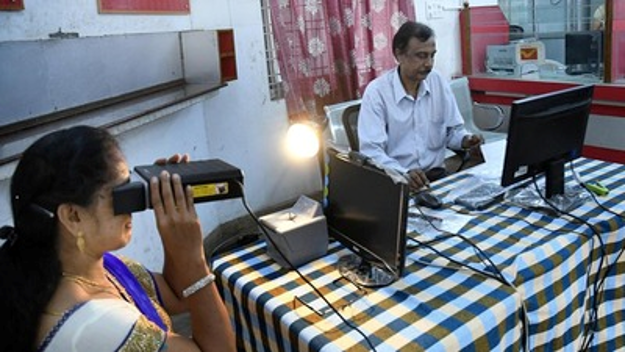The World Bank released the 2018 edition of the ID4D Global Dataset. According to the data at hand, an estimated of one billion people worldwide face challenges in proving who they are. Consequently, they struggle to access basic services and can be excluded from formal employment opportunities. The dataset further sheds light on who these one billion people living without official proof of identity are. Around 81% live in Sub-Saharan Africa and South Asia, 63% live in lower-middle income economies, 28% live in low-income economies. In the later, a large gender gap characterizes the unregistered population – over 45% of women lack official proof of identity compared to 30% of men. More detailed information on the global identification challenge can be found on the ID4D website, where the 2018 ID4D Global Dataset is also available for download.

More News
CRVS Champion: Dr. Santi Kusumaningrum (Newsletter August 2023) Our community…
(Newsletter August 2023) With the support of Statistics Denmark, the General Statistics Office of…
(Newsletter August 2023) Vital Strategies recently launched projects with Laos and Tuvalu in order…
(Newsletter August 2023) A series of three workshops were jointly organized by ESCAP, CDC…
(Newsletter August 2023) On the 23 of August, UNICEF Malaysia launched their report For Every…
(Newsletter July 2023) In June 2023, a delegation from Vietnam visited sunny Copenhagen for in-…
(Newsletter July 2023) The Indian Parliament is set to introduce a Bill to amend the Registration…
(Newsletter July 2023) Nepal's Supreme Court recently issued an interim order to the government to…
(Newsletter August 2023) In collaboration with Maldives Bureau of Statistics, ESCAP organized a 5-…
(Newsletter July 2023) Directors and officers from the Nepali Civil Registrar and National…











